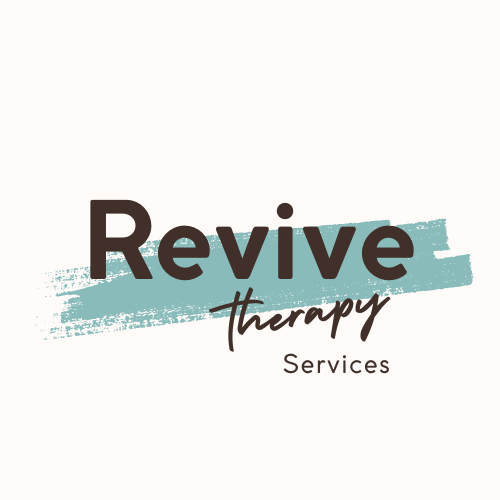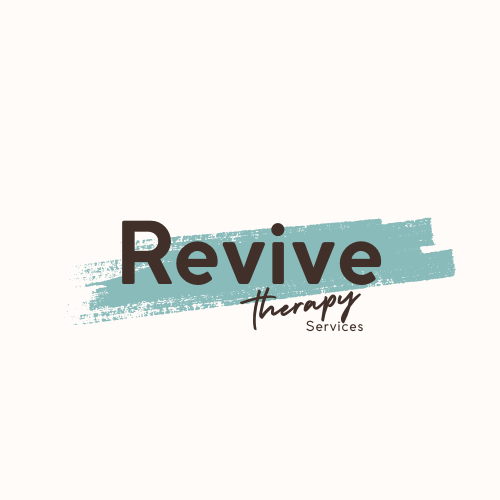There’s No Such Thing as the Right Decision
What if we tossed out the idea that we always have to make the right decision?
For most of my life, I’ve carried this deep belief that every choice I made was life or death. If I chose wrong, everything could come crashing down. That pressure has been with me since childhood—and it’s only in recent years that I’ve started to loosen my grip on it.
This blog is about that shift. About how I learned to move from bracing for the bad thing to happen to realizing there’s no such thing as the “right” decision—there’s only the decision you make, and the trust that you’ll be able to handle whatever comes next.
Growing Up with Fear of “Wrong”
I grew up in a church where the stakes always felt high. I remember being maybe 5 years old, “praying Jesus into my heart” because I was terrified of going to hell. But even after I prayed, I was wracked with anxiety—what if I did it wrong? What if it didn’t count?
From that moment forward, I carried a kind of chronic bracing. Like a looming cloud hovering above me, ready to break into a storm at any time. Every decision felt like it could determine whether I was safe or unsafe, good or bad, lovable or unlovable.
This wasn’t just about faith. That early fear set the tone for how I approached life: there’s a right choice, a wrong choice, and if I don’t figure it out perfectly, I’ll pay the price.
Fast Forward to Dating as an Adult
Let’s jump ahead.
Recently, I was dating someone for about a month. On paper, he checked all the boxes. He was kind, dependable, fun to be around. There was chemistry—at least some of the time.
But something felt off.
When we were together, I noticed my body didn’t actually want to be there. When he reached out for affection, my back would tense. I had this strong urge to pull away.
And here’s the thing: a few years ago, I would have ignored all that. I would have told myself, He’s a good person, he checks the boxes, don’t screw this up. I would have pushed through the discomfort and tried to force myself to make it work.
But this time, I didn’t. I ended things—not because he did anything wrong, but simply because it didn’t feel right for me. That decision felt huge, not because of him, but because of me. It was proof of how far I’ve come in my healing. I didn’t need external “evidence” or a big dramatic reason to justify leaving. I listened to my body. I trusted my instincts, even when my mind was filled with doubt and “what ifs.”
Yes, it was uncomfortable. My inner critic whispered: What if he was the one? What if you just ruined your chance at love? That old hurricane of fear swirled around again. But instead of collapsing under it, I held it. I let myself sit in the discomfort. I didn’t try to force the situation into being “right” or “wrong.”
Here’s what I realized: there was no “right decision”.
If I had stayed longer, I wouldn’t have been a bad person. That relationship might have taught me things, given me moments, helped me grow in other ways. But ending it wasn’t wrong either. It was just a choice—a choice I made based on what felt true in the moment.
Healing Is Not a Quick Fix
You might be wondering, what kind of work got me to this point? Let me be clear: it wasn’t a single breakthrough moment or some magic tool that fixed everything. It was slow. Painfully slow, sometimes.
Healing happened in small, subtle shifts that eventually stacked up:
Therapy. I’ve done EMDR, Somatic Experiencing, psychedelic-assisted therapy, and IFS. Each helped me process old trauma, regulate my nervous system, and learn to trust myself again.
Distress tolerance. I practiced sitting with uncomfortable feelings instead of running from them, numbing them, or pushing through.
Reaching out in the hard moments. Not waiting until I felt “fine” to talk to friends, but letting them in when I was messy and struggling.
Learning to be with myself. Slowing down, being less reactive, actually noticing what my body was telling me.
Meditation. I somehow meditated consistently for five months (and yes, I’ve fallen off the wagon since, but that time built a foundation).
These practices weren’t glamorous. They weren’t fast. But together, they built the resilience that allowed me to make a decision about that relationship without collapsing into panic.
Here’s the big shift I want to share with you:
There’s no such thing as the right decision. There’s just the decision you make. And what matters most isn’t the choice itself—it’s knowing you’ll be able to handle whatever comes after.
That realization has changed everything for me. It means I don’t have to hold myself hostage to perfection. It means I can risk making the “wrong” call, because I trust that I’ll grow, learn, and keep going no matter what.
I also want to be transparent with you: I am no saint.
Even though I made this decision, there’s still a part of me that doubts it. That second-guesses, that wonders if I made a mistake. And that’s completely normal.
Healing doesn’t mean you stop doubting yourself. It means you stop letting that doubt control you.
What This Means for You
Maybe you’re reading this and thinking, That’s me. I get stuck in indecision, afraid of making the wrong move.
If that’s you, I want you to hear this: You are not failing if you don’t know the “right” answer. You are not broken if you feel doubt. Every decision leads somewhere. Every path has lessons. And you are more capable than you realize of handling what comes next.
Your Next Step
Do you feel like you can’t handle whatever comes next? That totally happens when we’ve been through some hard shit in life.
BUT—here’s the good news—you can get to a place where you feel that inner confidence, that grounded trust, that no matter what decision you make, you can face it.
That’s what trauma healing is about. That’s what EMDR and Somatic Experiencing help with. Not giving you a map of “right” and “wrong,” but building the nervous system capacity to handle uncertainty and move forward anyway.
Wanna take that first step? We would love to partner with you on that journey.
At Revive Therapy Services, we specialize in trauma therapy that goes beyond traditional talk therapy. In Philadelphia, PA we offer online and in person:
EMDR Therapy: Helps your brain reprocess stuck memories, core beliefs, and emotional patterns that live beneath the surface of your thoughts.
Somatic Experiencing: A body-based approach that helps you build tolerance for sensation and create safety within your nervous system, at a pace that respects your capacity.
IFS (Internal Family Systems Therapy): A compassionate, evidence-based approach that helps you explore and heal the different “parts” of yourself—like the inner critic, the people-pleaser, or the wounded child. Instead of trying to get rid of these parts, IFS helps you understand them, build inner harmony, and reconnect with your core Self—the calm, confident center within you that can lead the healing process.
If you are ready to try something new, something that actually works for trauma, we are here for you. Our compassionate and experienced therapists—Salima and Mary are here to walk alongside you. During your consultation, we'll help you determine if our approach feels right for you.
I offer free 15-minute consultations to see if we’re a good fit! Click here to book yours today!
Explore more on the podcast!
If today’s post resonated with you, I’d love to invite you to listen to my podcast Trauma, Tea, and Tangents! It’s a space for real talk about healing, resilience, trauma, and everything in between. Each episode blends trauma-informed perspectives with relatable conversations to remind you someone else is probably thinking what you are too! Available on all major platforms—just search for Trauma, Tea, and Tangents wherever you listen!




